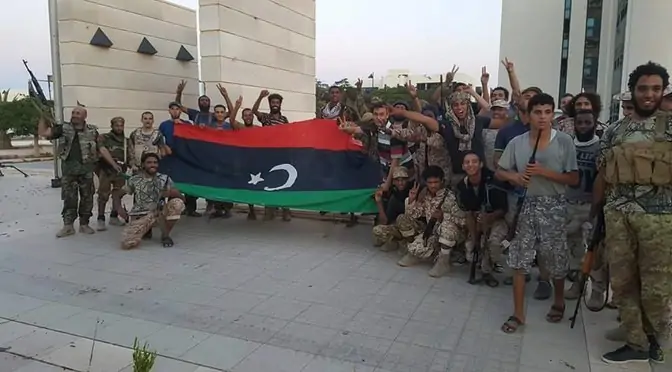Featured image: United Nations Photo, [CC BY-NC-ND 2.0], via FlickrIn our previous article, we detailed a partition scenario where Libya splits into independent states along tribal and provincial lines, as well as a north-south axis, and in the one before, we focused on various possible spill over. This article focuses on a combination of the two cases, partition and spill over scenarios. In the first scenario, the Amazigh, Tuareg, and Toubou tribes outright declare independence and break away from the Libyan state, which leads to significant spill over in Algeria, Niger, and Chad. In the second scenario, Libya is partitioned along provincial lines, which leads to spill over in all directions. In the last scenario, Libya splits apart along a …
Continue reading “Scenarios for the Future of Libya – Sc 2.4 Partition and Spill Over”
The remaining part of this article is for our members and those who purchased special access plans. Make sure you get real analysis and not opinion, or, worse, fake news. Log in and access this article.











